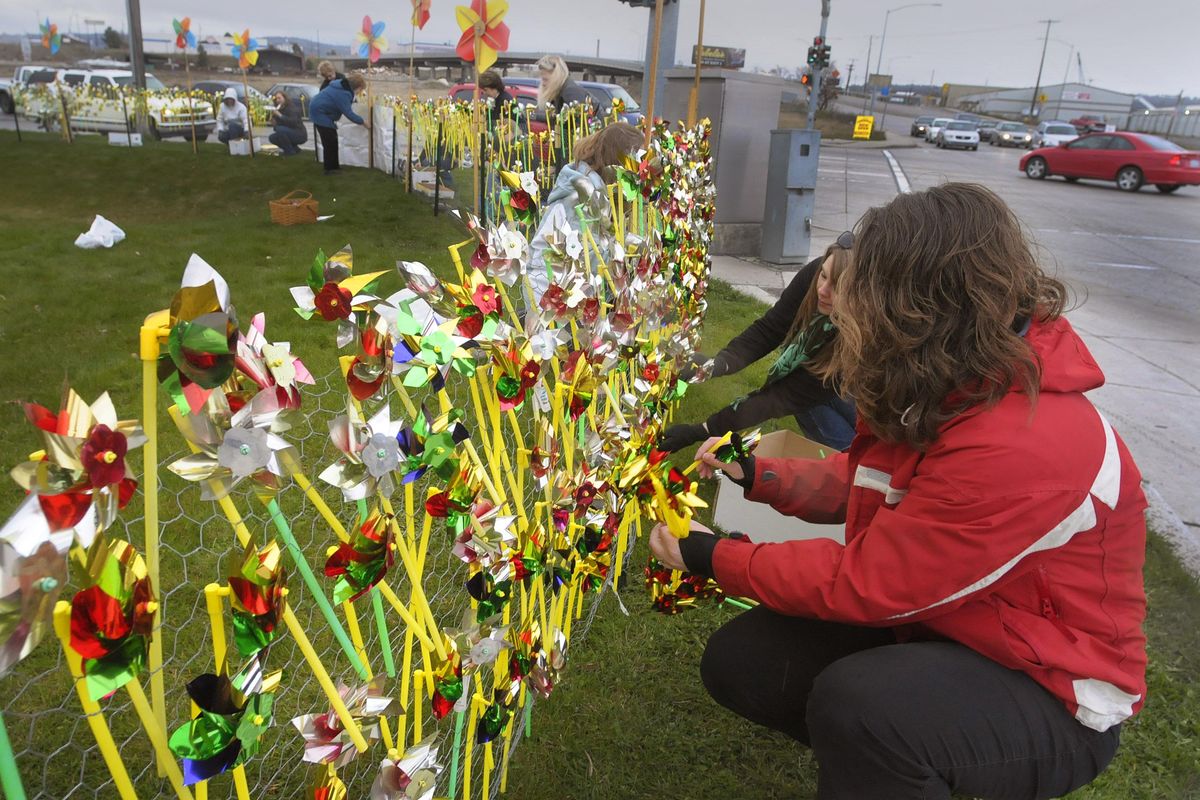Father of Sandy Hook shooting victim speaking at Our Kids: Our Business

When Jeremy Richman’s 6-year-old daughter, Avielle, was killed in the 2012 Sandy Hook school shooting, he decided to leave his career in drug development research to take a look at violence.
He and his wife, Jennifer Hensel, started the Avielle Foundation to fund research into the causes of violence, from investigations into brain structure to studies looking at the long-term impacts of childhood trauma.
“Virtually nobody approached violence in a medical fashion as something that could be prevented, intervened or cured,” Richman said.
Richman, a trained neuropharmacologist, will speak Wednesday in Spokane at the annual Our Kids: Our Business reception. The group is a coalition of advocates and community members working to end child abuse.
Organization President Ryan Oelrich said Richman’s name came up as a speaker in response to community needs following the shooting at Freeman High School last fall that left one student dead and three injured.
“We thought he would be a great fit,” Oelrich said.
Richman’s foundation is chiefly funded by small donations, with a median gift of $50, he said. It has supported a broad spectrum of research into understanding why some people act violently while others don’t.
He said it’s tempting after horrific acts like Sandy Hook to try to view the perpetrators as irredeemably evil. But trying to understand ‘why’ is important, and doesn’t mean absolving murderers of responsibility for their actions.
“If something doesn’t fit into your pattern of understanding, you’ve got to explain it some way, and an easy way to explain bad things happening is, ‘There’s bad people.’ And while people do bad things, there’s almost always a reason,” Richman said.
The foundation is funding research at the University of Northern Colorado exploring how college students who were mistreated as children perform in school, and how they differ at reading emotions and facial expressions compared to a control group.
Richman said people subjected to violence as children often misinterpret benign body language and facial gestures as being hostile or aggressive because of their conditioning from abuse.
“That’s important to know, because then you can help to rewire it,” he said. Childhood abuse victims are more likely to be both victims and perpetrators of future violence, so understanding the long-term impacts of that abuse can help break the cycle.
Another Avielle Foundation-funded project compares identical twins raised in the same household where one twin went on to display signs of an antisocial or violent personality and the other did not. The foundation’s initial grant paid for a pilot study that allowed researchers to get a larger federal grant for ongoing research.
Equally important, Richman said, is working to convey a message that violence can be understood and prevented, something he plans to do Wednesday evening.
“Science in a vacuum has no value unless you can give it to the everyday citizen,” he said. “We just want people to recognize that the brain is this wondrous organ but at the end of the day, it’s just another organ … We can study it and identify the risk factors associated with violence and the protective factors associated with compassion.”